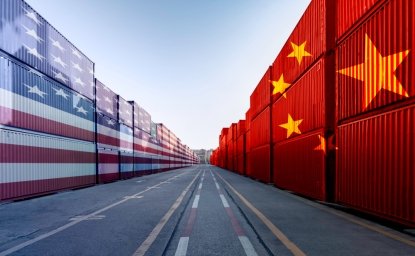The dark and deadly business of profiting from endangered species is an unfortunate growth industry. We spoke to one of the world’s leading experts on illegal wildlife trade, Susan Lieberman (Wildlife Conservation Society), to assess the scope of the problem and to learn about what’s being done to stop it. That’s the focus of this edition of Wilson Center NOW.
Guest
Dr. Susan Lieberman has worked in international biodiversity conservation, at the intersection of science and policy, for more than 25 years, including extensive experience with international wildlife trade and intergovernmental policy. She is now the Vice President, International Policy with the Wildlife Conservation Society. She was Senior Director, International Environmental Policy with The Pew Charitable Trusts from August 2009-July 2013; from 2001-2009, she was the Director of the Global Species Programme of WWF-International. She worked for the U.S. Department of the Interior (Fish and Wildlife Service) from 1990-2001, including several years as Chief of the CITES Scientific Authority. She obtained her Ph.D. in tropical ecology (focused on amphibians and reptiles) from the University of Southern California, Los Angeles, where she also did postdoctoral research (on desert tortoises and prosimians). Sue is a member of the IUCN Species Survival Commission Steering Committee, co-chair of the SSC Policy Subcommittee, and a member of the IUCN SSC Tortoise and Freshwater Turtle Specialist Group.
Host
John Milewski is the executive producer and managing editor ofWilson Center NOW and also serves as director of Wilson Center ON DEMAND digital programming. Previously he served as host and producer of Dialogue at the Wilson Center and Close Up on C-SPAN. He also teaches a course on politics and media for Penn State’s Washington Program.










